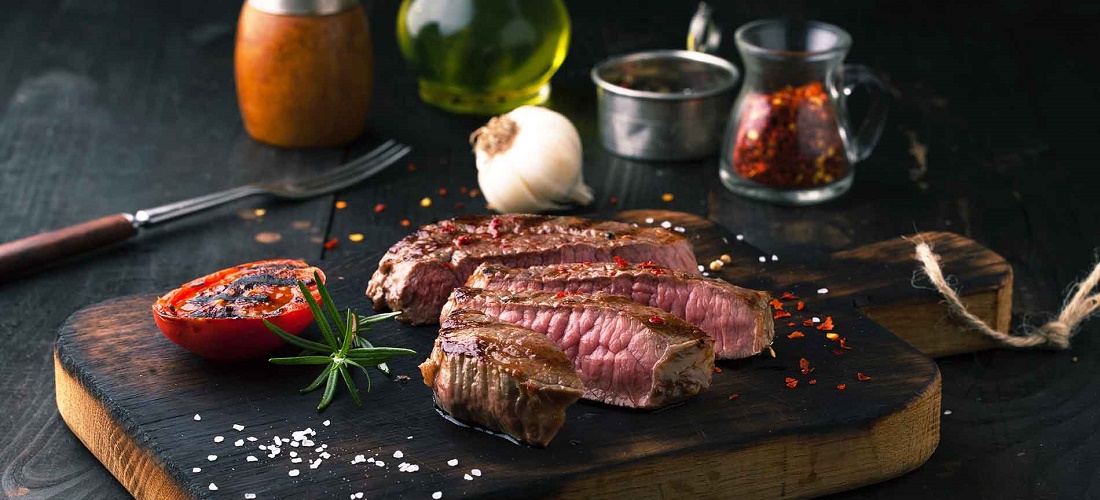
Halal beef exports to Egypt increase 268% in revenue in H1 2022
Jul, 18, 2022 Posted by Gabriel MalheirosWeek 202229
Brazil, despite being the largest exporter of beef and chicken meat to Arab countries, the animal protein market keeps on rising and bringing income to the Brazilian economy. The data found by the Brazilian Beef Exporters Association (ABIEC) in reference to the first half of 2022 serve as evidence. In the six-month period, halal beef exports to Egypt grew 268% in revenue, totaling US$ 274 million. In terms of volume, the increase was 232.7%, with 71 thousand tonnes shipped in this period.
Please see below the track record of beef shipments, measured in tonnes, from Brazil to Egypt. The data is from DataLiner.
Beef exports from Brazil to Egypt | Jan 2021 – May 2022 | WTMT
Source: DataLiner (click here to request a demo)
Abiec data indicate that total exports to the League of Arab States countries in the first half of 2022 totaled almost 100,000 tonnes shipped, representing revenue of more than US$ 385 million.
It is important to highlight that total exports of Brazilian halal beef continue to grow. Also according to Abiec, in the first six months of 2022, beef shipments totaled US$ 6.2 billion, an increase of 52% compared to the revenue obtained in the first half of 2021. The increase in volume was 21.5% compared to the previous year.
“The positive results obtained with beef shipments attest to the quality of Brazilian beef and the trust placed upon the Brazilian industry by the Arab countries. These markets, which represent 1/4 of the population worldwide, look for safe food to consume and meet the precepts of the Islamic faith. Brazil is well-equipped to satisfy this demand for halal meat, not only to maintain stable levels but also to boost export quantities in prospective commercial exchange,” explains CDIAL Halal Operations Director Ahmad M. Saifi.
It is worth noting that attaining halal certification, a quality label for any product the Muslim community will consume, is required to access these markets. The certification procedure examines the whole supply chain, including raw materials, inputs, transportation, and storage, to guarantee no cross-contamination with illegal items such as pork.
Halal-certified companies can meet Arab and Muslim consumers’ requirements, as well as supply markets that seek healthy and traceable products. Furthermore, the halal certification strengthens the reputation of the Brazilian sector owing to the thoroughness of the evaluation procedure, boosting the Brazilian animal protein market’s competitive edge.
Source: Notícias Agrícolas
To read the full original article, please go to:
-
Other Cargo
Aug, 29, 2022
0
Footwear parts exports from Brazil up 20%
-
Steel and Aluminium
Jan, 08, 2024
0
U.S. Lifts 1992 Anti-Dumping Duty on Brazilian Steel Tubes
-
Oct, 20, 2023
0
Drug gangs infiltrated shipping supply chains, warns top executive
-
Shipping
May, 14, 2024
0
Shipyard output hits seven-year high



